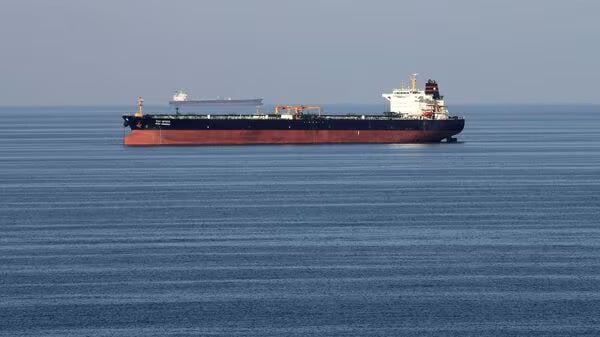Amid escalating tensions in the Middle East, Union Petroleum Minister Hardeep Singh Puri has assured Indian citizens that the country’s energy supply remains stable despite Iran’s threat to close the strategic Strait of Hormuz.
The development comes after Iran’s Parliament approved a proposal to close the narrow waterway following U.S. airstrikes on its nuclear sites. The final decision on implementing the closure, however, rests with Iran’s Supreme National Security Council.
“The geopolitical situation in the Middle East has been under our close observation for the past two weeks,” Puri said. “Under the leadership of Prime Minister Narendra Modi, we have diversified our energy sources over the years. A significant share of our crude oil no longer passes through the Strait of Hormuz.”
He added that India’s oil marketing companies (OMCs) have reserves for several weeks and are continuing to receive supplies via multiple global routes. “All necessary steps are being taken to ensure uninterrupted fuel access to our citizens,” Puri stated in a post on social platform X.
Industry sources, however, remain cautious. “Oil and gas are extremely sensitive sectors. Even short-term disruptions can result in sharp price hikes,” a senior official told NDTV Profit. “If the Strait remains closed for more than a week, global markets could face severe shocks. India too will not remain unaffected.”
While India has increased crude imports from Russia in recent months, experts say the benefits depend on evolving price trends and discount margins. The government is reportedly considering excise duty cuts on fuel if crude prices breach the $105 per barrel mark.
The Strait of Hormuz is a vital chokepoint for global energy flows, handling nearly 20% of the world’s oil and gas trade. With the situation in flux, India’s preparedness and diversification strategies will be tested in the coming days.













